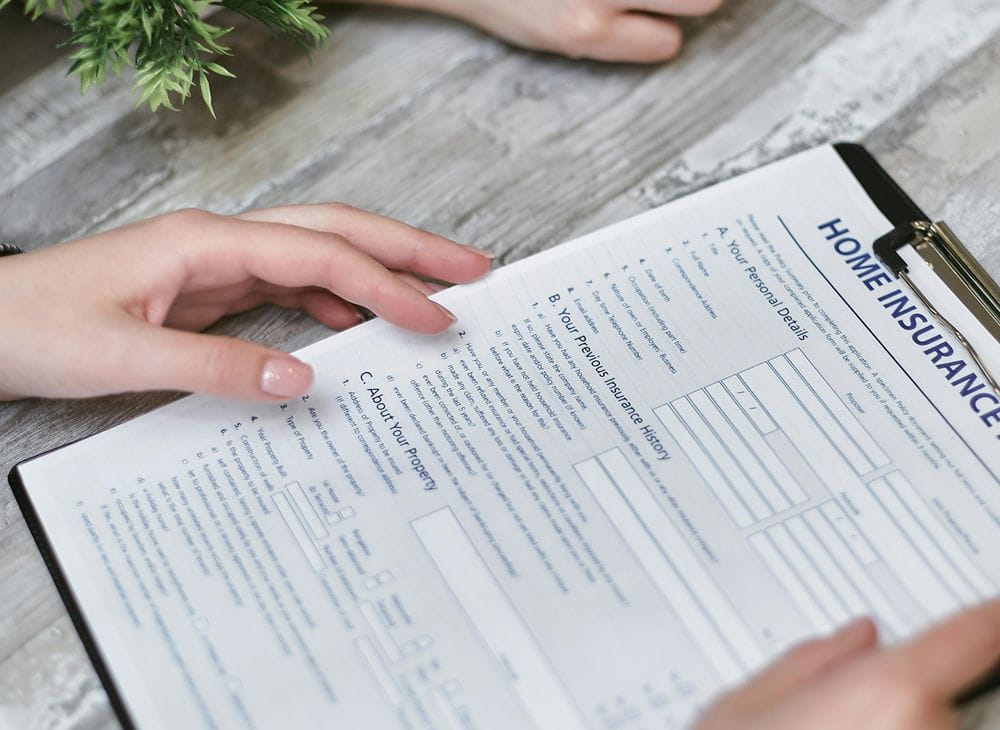A guide to home insurance for tenants in Dubai

With the market currently thriving and with so many incredible rental options, Dubai’s rental market is not only convenient but also highly appealing.
But as a tenant, have you considered insuring your home?
If you have, then this guide is perfect for you. And if you haven’t yet, then we’ll also list down why it's important to get home insurance in Dubai…
What is home insurance for tenants?
To simplify it - Home insurance for tenants is often referred to as renter’s insurance and it is a type of property insurance designed to cover a tenant's personal belongings, provide liability protection, and cover additional living expenses in case the rental unit faces any damage.
Unlike homeowner’s insurance, which covers the structure of the property, renter’s insurance is specifically tailored to the needs of tenants.
Renter’s insurance typically includes:
There are three types of renter insurance and these are:
1. Contents insurance: This covers the tenant's personal belongings, such as furniture, electronics, clothing, and other personal items, against risks like theft, fire, and water damage.
**2. Liability insurance: **This provides protection in case the tenant is legally responsible for injury to others or damage to the landlord’s property.
**3. Additional Living Expenses (ALE): **This covers the cost of living elsewhere if the rental property is damaged due to a covered event, such as a fire or severe water damage.
Who needs home insurance?
Renter’s insurance is essential for:
1. Tenants: Anyone renting an apartment, villa, or any other type of residential property in Dubai should consider getting renter’s insurance to protect their personal belongings and liability within that property.
2. Subtenants: If you’re subletting a property, it’s much smarter to have renter’s insurance to cover your possessions and provide liability coverage, as this safeguards you and your sub-letter as well.
What are the benefits of tenants having home insurance?
1. Protection: The primary benefit of renter’s insurance is protecting your personal belongings. Whether it’s your electronics, furniture, or clothing, renter’s insurance ensures that your possessions are covered against risks like theft, fire, and water damage.
2. Liability coverage: Accidents can happen and if someone gets injured in your rental property or if you accidentally cause damage to the landlord’s property, you could be held liable. Renter’s insurance provides liability coverage to help with legal fees and medical expenses.
3. Coverage for Additional Living Expenses (ALE): As previously mentioned, due to any damage you are given an extra budget to cover for costs.
4. Affordability: Renter’s insurance is relatively affordable when compared to landlord insurance, as it is known to offer significant protection at a reasonable cost. This makes it a practical choice for tenants who want to safeguard their possessions and liability between any and every price bracket.
5. Compliance with lease agreements: Some landlords have a fixed policy which requires tenants to have renter’s insurance as part of the lease agreement. Did you know, that having renter’s insurance can help ensure compliance and avoid potential conflicts with your landlord as well?
How can you choose the right tenant’s insurance?
When selecting a renter’s insurance policy in Dubai, consider the following factors:
1. Coverage level: When choosing the right policy it is important to assess the value of your personal belongings to determine the amount of coverage you need. Ensure the policy provides adequate protection for all your possessions.
2. Policy exclusions: Understand what is not covered by the different policies. Common exclusions might include damage from pests, wear and tear, or certain natural disasters - so you want to ensure you have the right coverage.
3. Deductible amount: This is the amount you will need to pay out of pocket before the insurance coverage kicks in. Choose a deductible amount that you can comfortably afford and that way you can pick your plan accordingly.
4. Additional coverage options: It's always good to consider any additional coverage you might need, such as high-value item coverage for expensive belongings, accidental damage cover, or personal liability cover.
5. Insurance provider reputation: Always go with a trusted insurance company who are known as market professionals - trust us, this is the way to go!
Hope this guide was helpful!
Planning to get a home? - you know we’re here to help, check out our live listings.
